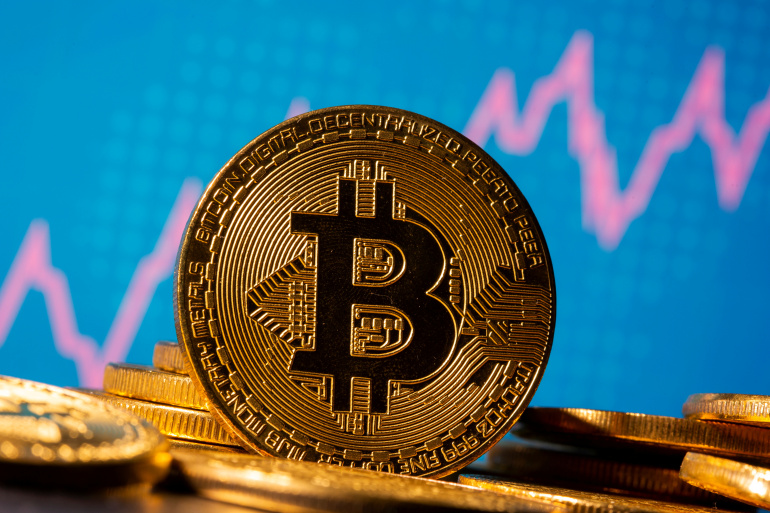Why Control Matters
Governments control fiat currencies. They use central banks to 3issue or destroy money out of thin air, using what is known as monetary policy to exert economic influence. They also dictate how fiat currencies can be transferred, enabling them to track currency movement, dictate who profits from that movement, collect taxes on it, and trace criminal activity. All of this control is lost when non government bodies create their own currencies.
Control over currency has many downstream impacts, perhaps most notably to a nation’s fiscal policy, business environment, and efforts to control crime. Though each of these topics is broad and deep enough to fill volumes, a brief overview is enough to provide insight into the general concept.
Fiscal Policy
Though the potential for crime captures the public’s attention, the role currency plays in a nation’s monetary policy has the potential to have a far greater impact. Because governments intentionally increase or restrict the amount of money circulating in an economy to stimulate investment and spending, generate jobs, or avoid out-of-control inflation and recession, control over currency is an enormous concern. It’s also an extraordinarily complex topic.
The Business of Bitcoin
Bitcoin users don’t need the existing banking system. The currency is created in cyberspace when so-called “miners” use the power of their computers to solve complex algorithms that serve as verification for Bitcoin transactions.
Their reward is a payment with cyber currency, which is stored digitally and passed between buyers and sellers without the need for an intermediary. On a smaller scale, airlines similarly reward miles traveled, enabling customers to purchase plane tickets, hotel rooms, and other items using airline miles as a virtual currency.
If Bitcoin or another cryptocurrency becomes widely adopted, the entire banking system could become irrelevant. Though this may sound like a wonderful concept in light of the recent behavior of the banking industry, there are two sides to every story. Without banks, who will you call when your mortgage payment is hacked? How will you earn interest on your savings? Who will assist when a transfer of assets fails or a technical glitch occurs?
Though the financial crisis gave bankers an even worse reputation than they already had, there is something to be said for institutions that oversee timely, effective, and trustworthy asset transfers and their associated record keeping. There’s also the issue of the fees banks earn for the services they provide. Those fees generate a lot of revenue and a lot of jobs across the global banking industry.
Without banks, those jobs disappear, as does the tax revenue those banks and their employees’ paychecks generate. Money transfer business would also disappear in a virtual world. Nobody needs a Western Union or its competitors if everybody is using Bitcoin.
Crime Concerns
So much has been written about virtual currency and crime that it is enough to recap the issue by stating that untraceable financial transactions facilitate crime. Drug trafficking, prostitution, terrorism, money laundering, tax evasion, and other illegal and subversive activity all benefit from the ability to move money in untraceable ways. The now-defunct Silk Road online drug market is a case in point. Its founder credits Bitcoin with its success.
In summary, if you use Bitcoin, you are trusting your money to a complex system you don’t understand, people you know nothing about, and an environment where you have limited legal recourse. In the traditional world of investing, this would raise enough red flags to make it a bad idea. On the other hand, the European Central Bank reported in 2018 that Bitcoin was just one of over 1,600 digital currencies now in circulation around the world. As of July 2021, there are nearly 11,000 cryptocurrencies and 384 crypto exchanges.

